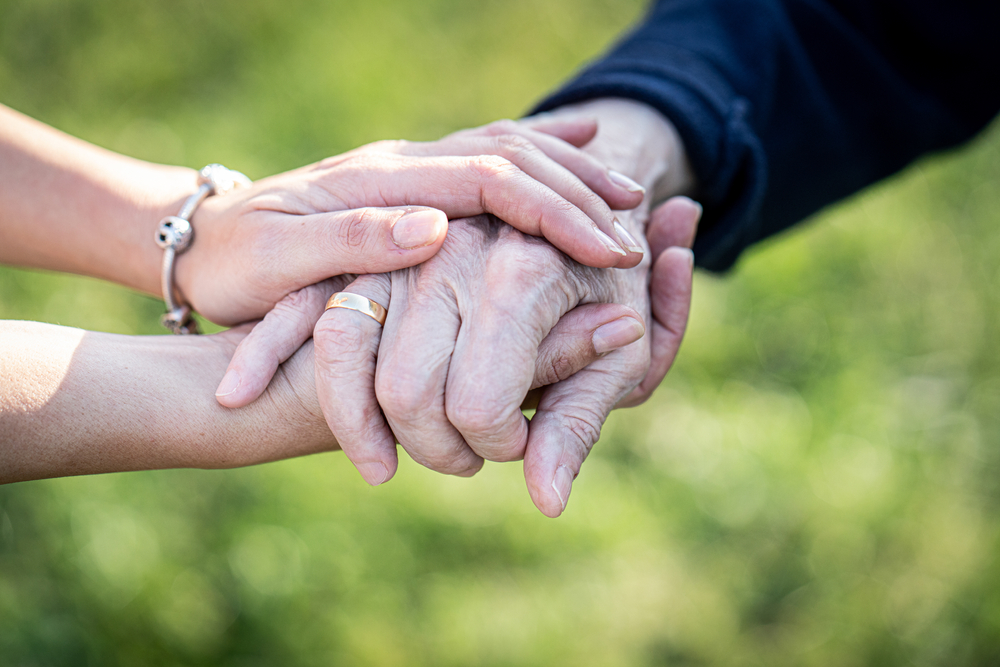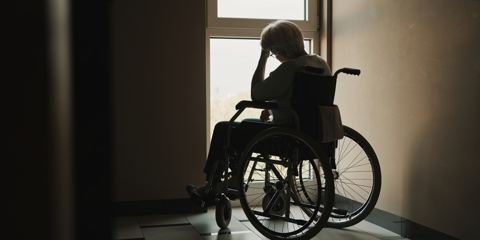In 2008, more than 300,000 people received long-term care in the 1,700 skilled nursing facilities throughout California. Thousands more are cared for at home or in assisted living communities or residential care facilities. This number continues to grow all the time.
With a number of residents in long-term care, this means that neglect and abuse are likely to occur. In California, approximately 225,000 cases of elder abuse occur every year. It is believed that many more cases go unreported.
This is concerning to law enforcement officials and government policymakers. So much so, in fact, that state laws like Assembly Bill 1499 (Chapter 414, Statutes of 1999) and Assembly Bill 1690 (Chapter 196, Statutes of 2001), which require staff members employed by long-term health care facilities, community care facilities, and residential care facilities to be trained in recognizing elder abuse.
Not only that, but these employees have a legal duty to report the abuse as well. It is a crime for them to not report situations involving neglect or abuse in their facilities. Employees in these facilities are considered to be mandated reporters. They are considered to be a mandated reporter if:
They witness an incident.
They receive information or evidence.
An elderly adult discloses or describes an incident that reasonably appears to be abuse.
It’s important to know that reporting is an individual duty. A supervisor or administrator legally cannot prevent a staff member from reporting the abuse. Mandated reporters also cannot hand this responsibility over to another staff member.
California law requires each long-term health care facility, community care facility, or residential care facility for the elderly to provide training and continuing education to all staff so that they can recognize and report elder abuse. This is done through a training curriculum and associated videos developed by the Department of Justice, the Department of Health Care Services, and the Department of Social Services.
Under state law, this training is to be completed within six months from the date at which the facility begins operations. Employees hired after June 1, 2001, are to be trained within 60 days from the day they start employment.
What if My Loved One is a Victim of Abuse?
As a family member, you may wonder what you should do if you suspect that your loved one is a victim of elder abuse. First, you need to gather evidence. Gathering evidence when suspected elder abuse occurs is critical for several reasons:
It provides substantiation of the abuse allegations. Clear evidence, such as photos of injuries, financial records showing unauthorized transactions, or eyewitness accounts, strengthens the case and increases credibility on behalf of the victim.
Evidence helps identify patterns of abuse and assess the severity of the situation. This documented evidence can help hold perpetrators accountable for their actions while seeking justice for the victim.
Gathering evidence facilitates collaboration among agencies. Adult Protective Services and law enforcement will likely be involved in your case, so a coordinated response can protect vulnerable seniors from further harm. Documenting evidence of suspected elder abuse can provide effective intervention and ensure that appropriate legal measures are implemented.
Next, you will need to provide information about the victim and the abuser. Law enforcement officials will need information such as:
Name, age, and address of the elderly victim.
Nature of the abuse. Was it physical abuse? Emotional abuse? Neglect?
Details about the alleged abuser. Who abused your loved one? Where do they work?
Contact the Appropriate Agencies
Your next step is to make a report. Here’s how:
Contact local authorities. If there’s immediate danger, call 911 right away. For non-emergency situations, you can report elder abuse to Adult Protective Services (APS). They are responsible for investigating reports of abuse and neglect involving adults over the age of 65. You can call the APS hotline at (833) 401-0832, 24/7.
Report to the Long-Term Care Ombudsman Program. If your loved one lives in a nursing home or assisted living facility, you can report abuse to the California Long-Term Care Ombudsman Program. Call the 24-hour Statewide Ombudsman Crisis Line at 1-800-231-4024 for help with investigating abuse in care facilities.
Contact local law enforcement. Even if you’ve reported to APS or the Ombudsman, you can also file a report with local police. Elder abuse is a crime, and the police may open an investigation.
California has resources in place to help. Do not hesitate to reach out to multiple sources if you need additional support. It is a good idea to seek legal help as well. Seek legal advice to address elder abuse effectively and in a timely manner.
Support Your Loved One
After reporting the incident of abuse or neglect, your job is not over. You need to do your part to support your loved one. Support is needed to help them recover and regain a sense of safety. You can support them by listening to their concerns and providing comfort during a distressing time. You may want to encourage them to seek medical attention or counseling, as this can address any physical or emotional trauma they may have experienced.
Do not forget about practical support. You may need to help your loved one secure their finances or find alternative living arrangements. You can also connect them with free or low-cost community resources such as support groups or legal aid. By monitoring your elderly loved one after abuse, you can help them recover and regain their dignity and autonomy.
Contact Newman Law Group Today
The elderly are prone to abuse and neglect, even if they are cared for by their own family. It is important for anyone who suspects abuse to file a report.
Hire a skilled attorney from Newman Law Group, LLP, for help with your elder abuse case. We have what it takes to help you get compensation and better treatment. To schedule a consultation, fill out the online form or call (916) 352-3181.





